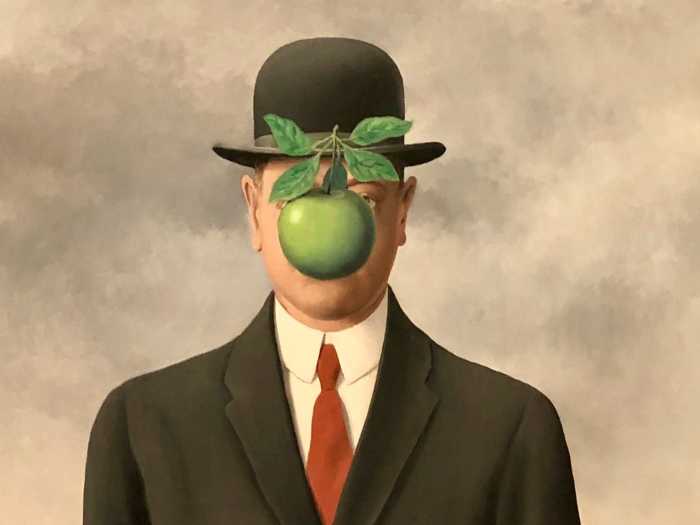By Ed Koch
Volume 80, Number 4 | June 23 – 29, 2010
West and East Village, Chelsea, Soho, Noho, Little Italy, Chinatown and Lower East Side, Since 1933
Koch on Film
“Stonewall Uprising” (+)
The Stonewall Inn was a private club operated by organized crime in the late 1960s. By order of the State Liquor Authority, homosexuals could not be served in regular bars. If they were, the owners of such establishments risked losing their liquor license — hence the entry of the fake private clubs run by organized crime.
This good but not great documentary should be seen by everyone, gay or straight, to appreciate the 1969 Stonewall uprising which took place on June 28, 1969 — when cops entered the private club occupied by homosexuals and a large contingent of drag queens. The reason I say it is not a great film, is that it basically covers the two-day revolution and does not include what occurred in the following years, as a direct result of that momentous incident.
John Lindsay, a liberal, was mayor of the city at the time of the uprising. Before the rebellion, gays, lesbians, crossdressers, drag queens, and the transgendered were persecuted in the city. Police officers lay in wait in subway bathrooms and elsewhere to entrap and arrest homosexuals. One youth in the film says to the arresting cop, “My life is ruined. I’m only 19.” Only after the Stonewall revolt did the Lindsay administration end the police harassment and issue a mayoral order banning discrimination against gay and lesbian city employees. According to a New York Times article of February 8, 1972, Mayor John Lindsay issued an executive order that month, the first “to protect homosexuals against discrimination in city government hiring and promotion practices.”
The police had gone into the club many times before, but this time the patrons fought back. The six cops at the scene, who could not control the crowd, took refuge in the building. The patrons and supporters surrounded it until police reinforcements arrived. The next day, the police again made arrests and more violence ensued.
After I was elected in 1977, taking office in January 1978, the fourth executive order that I issued during my first 30 days as mayor prohibited discrimination by the city against city employees based on their sexual orientation. Additional orders were later issued applying to contractors working for the city which prohibited them from engaging in similar discrimination against their employees. Not until eight years later, in 1986, was I able to get the City Council to impose a similar ban on the city’s private sector employers.
Today, only 21 states and the District of Columbia have similar laws — which means that private and public sector employers in those states without anti-discrimination laws covering sexual orientation can discriminate against gays and lesbians, and landlords can refuse to rent to them. But good news is on the horizon. Congressman Barney Frank has introduced legislation to enact a federal anti-discrimination law protecting gay, lesbian, bisexual and transgendered individuals. His bill currently has 202 co-sponsors (218 is an absolute majority). A similar bill has been introduced in the U.S. Senate by Jeff Merkley. It has 45 co-sponsors.
Everyone interested in justice should write to their congressman and senators urging them to join in the federal effort to achieve equality for the gay, lesbian, bisexual and transgendered citizens of our country.
I was delighted to be interviewed for this documentary to point out the discrimination that existed in Greenwich Village against gays and lesbians back in 1969.
Henry Stern said: “This is a movie that had to be made to retell the tale of the Stonewall uprising to a new generation, if they bother to see it. Told by senior citizens who were there 41 years ago, the event is tied in with other demonstrations, like the peace in Vietnam and civil rights movements. The movie does not explain why just six police officers marched to the Christopher Street bar at midday; it suggests that prior raids were coordinated with the mafia, which owned and operated a number of bars in the Village that encouraged a gay clientele. The riot is important historically in that it was the first case of forcible gay resistance to the authorities, and it resulted in substantial changes in police conduct.”
Not Rated. 82 minutes. Documentary. Screening through June 29th, at the Film Forum (209 West Houston St.). For information, call 212-727-8110.

































